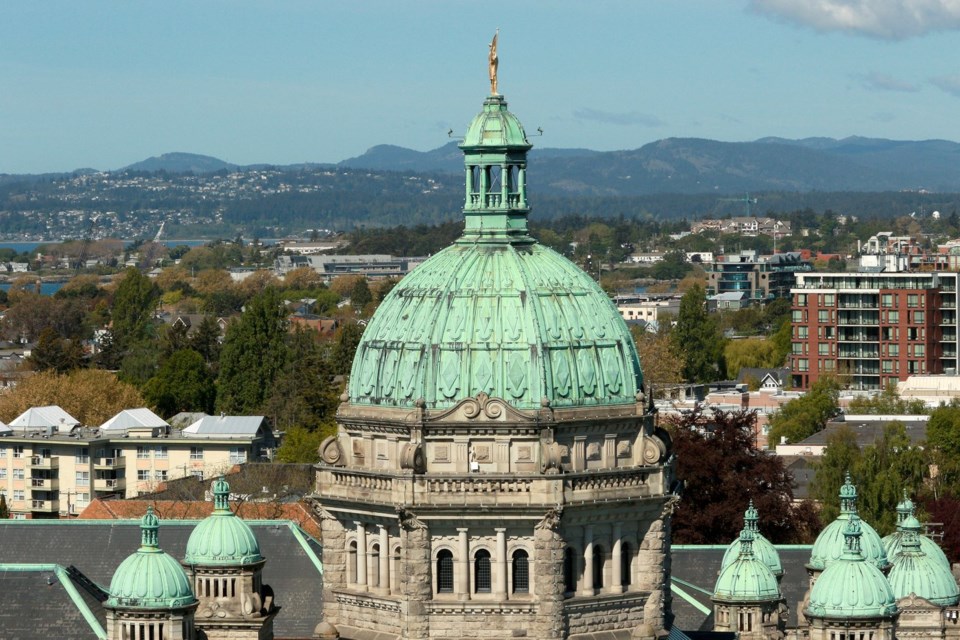A First Nation says it wasn't meaningfully consulted before the British Columbia government "effectively greenlit" what has been called the world's largest undeveloped gold mining project.
The Tsetsaut Skii km Lax Ha Nation has applied to the B.C. Supreme Court for a judicial review of the province's decision to issue a "substantial start determination" for Seabridge Gold's KSM Mine Project in Northwestern B.C., part of the final stage of the environmental assessment process.
A statement from the nation said KSM will be the world's largest gold, copper and silver mine, and use similar technology "as mines whose toxic waste facilities have breeched and caused massive environmental devastation."
Court documents ask a judge to overturn the determination and rule that the government failed to fulfil its duty to consult the Tsetsaut Skii km Lax Ha Nation and accommodate its interests.
The nation's statement said "toxic byproducts" will be collected in a manmade pond next to "the pristine natural waterways the nation relies on for food and traditional practices."
"The province has repeatedly acknowledged the planned location of KSM's tailings waste is in Tsetsaut Skii km Lax Ha territory, yet for years they have ignored, and allowed Seabridge to ignore, the nation's attempts to have its concerns addressed," the nation's lawyer Ryan Beaton said in the statement.
"They have obligations under the Constitution and UNDRIP to meaningfully engage with the Nation about those concerns and have failed to do so."
In 2019, British Columbia passed laws establishing the United Nations Declaration on the Rights of Indigenous Peoples as the province’s framework for reconciliation.
The request for a judicial review related to KSM comes days after a different B.C. First Nation said it was "disappointed" that the province's Mining Ministry granted an operating permit for the Cariboo Gold Mine without meeting its leadership or obtaining the nation's consent.
The Xatśull First Nation said it was considering all legal options and wanted clarification on what it called the inconsistent application of UNDRIP across the government.
The statement from the Tsetsaut Skii km Lax Ha Nation said the province has only been accommodating the larger Tahltan and Nisga'a nations, which both have "significant agreements" with Seabridge.
"There is no basis in law for the province and Seabridge to consult and accommodate only larger First Nations," Beaton said.
"The nation whose territory is going to be filled with toxic waste must have a voice. The province granted SSD without even sitting down to discuss the nation's concerns about it."
Seabridge said in a statement that it does not have access to the record of consultation between the province and the nation, and can't comment on the merits of Tsetsaut Skii km Lax Ha's claim.
The company said it has spent $444 million on work related to its environmental assessment certificate, and submitted letters from representatives of the three largest Indigenous Peoples in the area supporting the substantial start determination.
The company said a final decision on the First Nation's petition could take a year or more and that, in the mean time, the substantial start determination will remain in place.
This report by The Canadian Press was first published Nov. 25, 2024
Ashley Joannou, The Canadian Press



